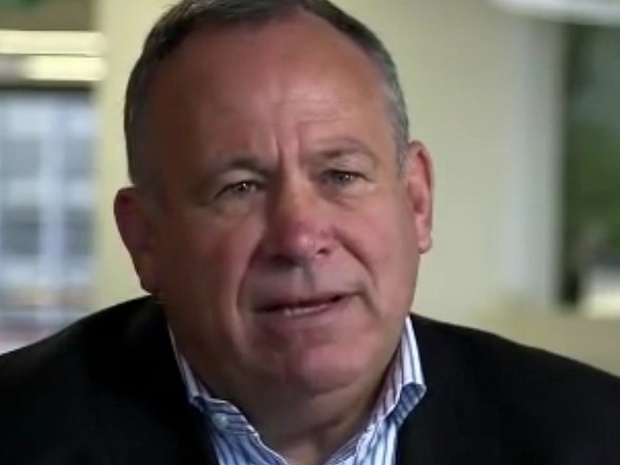Chorus points finger at regulator as profit plummets

New Zealand network operator Chorus has blamed the market regulator for its falling profits, reporting net profit after tax of NZ$91 million, down from NZ$148 million last year.

EBITDA was down NZ$47 million compared with 2014.
Chorus said its result was substantially impacted by the requirement to implement initial regulatory pricing decisions based on international benchmarking.
Chorus and the Commerce Commission have been arguing over the correct way to price legacy wholesale copper broadband services since 2013.
"The regulatory pricing remains under review and the ongoing uncertainty has overshadowed positive increases in fixed line and broadband connections, as well as Chorus' work on the Ultra-Fast and rural broadband rollouts that continue to deliver better broadband ahead of schedule," the company said in an NZX statement.
For investors, that adds up to another year without a dividend.
"The business initiatives we implemented in managing for cash have delivered results ahead of target for the year, going some way towards offsetting the very significant reduction in regulated pricing," said Chorus chief excutive Mark Ratcliffe.
"This together with the slightly improved draft copper pricing, has helped the share price recover some value, although we remain unable to pay a dividend,"
Ratcliffe said a fit-for-purpose regulatory framework would help New Zealand realise greater broadband potential.
Chorus reported broadband connections grew by four percent to 1.2 million in 2015 while fibre connections more than doubled to 88,000.
Forty-four percent of Chorus' partially government-funded Ultra-Fast Broadband rollout is now complete.